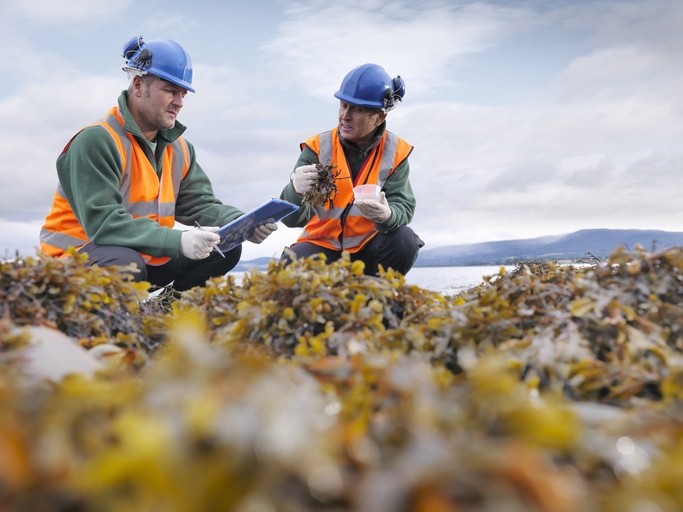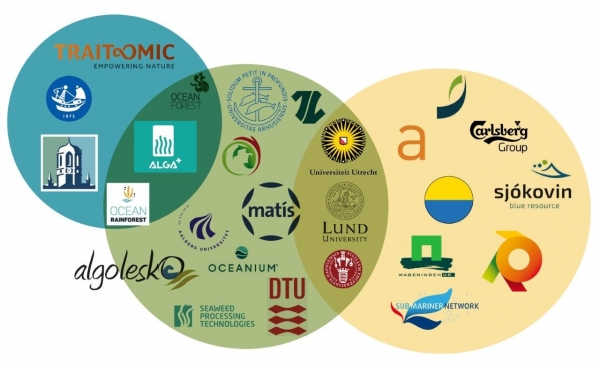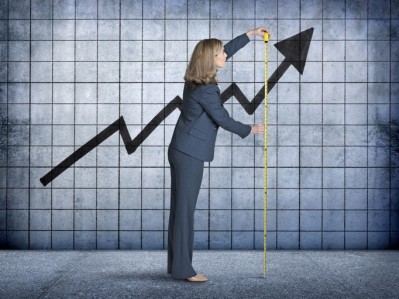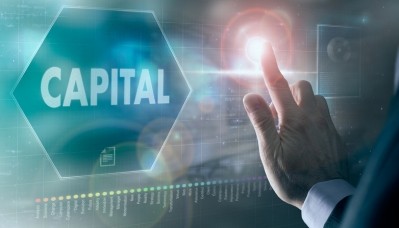Feed is one of the target sectors for ambitious EU-funded seaweed project

The project, SeaMark, which is short for Seaweed-Based Market Applications, is led by Faroe Islands and US-based seaweed cultivation pioneer, Ocean Rainforest, and it also comprises 25 international, cross-disciplinary partners.
The initiative has been awarded a €9m (US$9.4m) grant, under a circular and bioeconomy focused Horizon Europe framework program, to upscale seaweed production and optimize its commercial potential.
The project aims to lay the foundations for an entirely new European maritime industry to meet growing demand for seaweed-based products and attract investment from multiple sectors, with SeaMark looking to exploit the full spectrum of products derived from seaweeds on an unprecedented scale
Seaweeds are among the fastest growing crops on the planet, requiring only sunlight, carbon dioxide and naturally occurring nutrients to grow. They are also rich in bioactive compounds with various medicinal, nutritional, and biomechanical properties, according to the team involved.
During the four-year project, SeaMark's multi-disciplinary team will develop 12 innovative products with direct market applications, predominantly based on cultivated sugar kelp (S. latissima). These include a bio-packaging material, a meat replacer and feed supplements with pre- and probiotic functional ingredients to improve digestibility, conversion ratios and overall sustainability and productivity of conventional livestock feeds.
Alongside market applications, SeaMark will quantify ecosystem services provided by seaweed farms, contributing to a body of evidence justifying large-scale seaweed cultivation as a bioremediation tool and key element of a new circular bioeconomy.
Stakeholder roles
In terms of some of the roles being undertaken by participants, a spokesperson told us that Vattenfall, a major offshore windfarm operator in the North Sea, in collaboration with the Norwegian food research institute, Nofima, and seaweed cultivation companies like Sirputis will carry out a feasibility assessment on the opportunities for integrated seaweed production in an offshore windmill park and they will also identify the most relevant areas in Europe for upscaled offshore cultivation.
The European capacity for seaweed cultivation will be assessed by Wageningen University, with stakeholder sessions, organized by SUBMARINER Network, set to support that work.
Fermentationexperts, according to the project outline, is currently the largest user of seaweed in animal feed in Europe, and it expects to be able to increase tenfold its usage of seaweed in the next five years. The company also plans to test and validate a new food product to improve human health and well-being with enormous market potential, as part of the project.
Another participant, OCEANIUM, will aim to demonstrate large-scale innovative sequential biorefinery processes with fresh, cultivated seaweed for product applications.
Meanwhile, relevant industrial partners are ready to test and implement the new products in their businesses, added the representative. Carlsberg Ingredients, for one, will test and provide feedback on novel extracted seaweed products for future industrial purposes.









